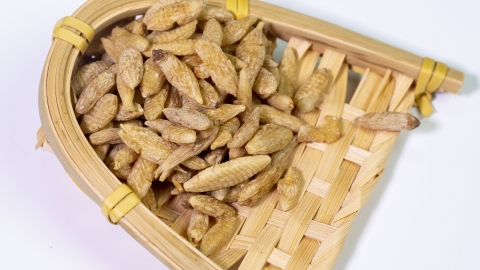Can Ophiopogon Root (McDoor) remove dampness from the body?
Generally speaking, Ophiopogon japonicus (Mai Dong) cannot remove dampness from the body. The detailed explanation is as follows:

The main functions of Ophiopogon japonicus are nourishing yin, relieving dryness, clearing the heart, and alleviating irritability. It is commonly used to treat symptoms such as dry cough caused by lung heat, irritability, and thirst. However, due to its yin-nourishing properties, taking Ophiopogon japonicus may worsen dampness-related conditions such as spleen-stomach deficiency cold and excessive internal phlegm-dampness, potentially causing discomfort symptoms like loose stools, body heat sensations, and limb fatigue.
Individuals with excessive dampness are advised to use dampness-resolving medications under the guidance of a physician. Commonly used dampness-resolving herbs include Poria (Fu Ling), Coix seed (Yi Yi Ren), and Acanthopanax bark (Wu Jia Pi), which have diuretic and dampness-draining effects and can help alleviate symptoms of excessive internal dampness. Additionally, it is important to avoid consuming cold foods and beverages such as cold drinks, ice cream, raw fish, and other raw or cold foods, as well as greasy and sweet foods that are difficult to digest. These foods may impair the yang energy of the spleen and stomach, weaken digestive and transforming functions, and exacerbate internal dampness.
Before using any traditional Chinese herbal medicine, it is recommended to consult a qualified TCM practitioner to avoid self-medicating blindly and to ensure both efficacy and safety.






